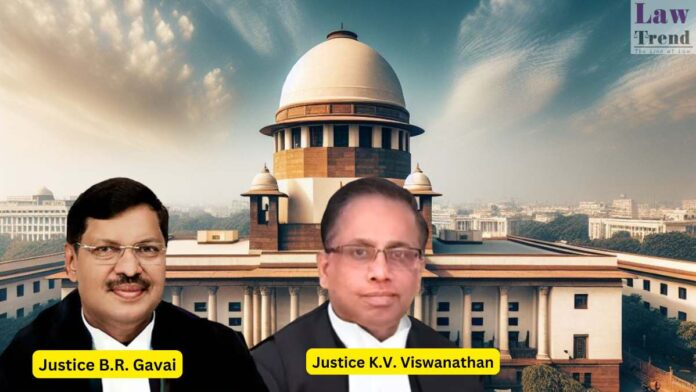In a significant ruling, the Supreme Court of India has modified a conviction in a decade-old murder case, reducing the charge from murder under Section 302 of the Indian Penal Code (IPC) to culpable homicide not amounting to murder under Section 304 Part I IPC. The court emphasized that the “possibility of a sudden fight
To Read More Please Subscribe to VIP Membership for Unlimited Access to All the Articles, Download Available Copies of Judgments/Order, Acess to Central/State Bare Acts, Advertisement Free Content, Access to More than 4000 Legal Drafts( Readymade Editable Formats of Suits, Petitions, Writs, Legal Notices, Divorce Petitions, 138 Notices, Bail Applications etc.) in Hindi and English.




